SUMMARY
This is AI generated summarization, which may have errors. For context, always refer to the full article.
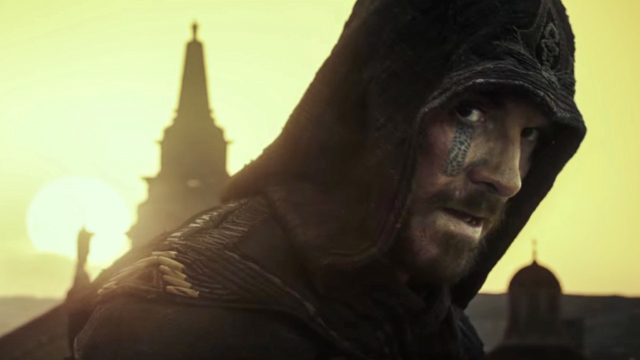
Justin Kurzel’s Assassin’s Creed, which is based on Ubisoft’s popular videogames, is bereft of humor. Its characters are barely smiling and deliver their austere lines in ominous whispers. The film is almost always draped in shadows. It revels in bleak aerial shots of past and present cities that give off a vibe of obtuse gloom.
Apple feud
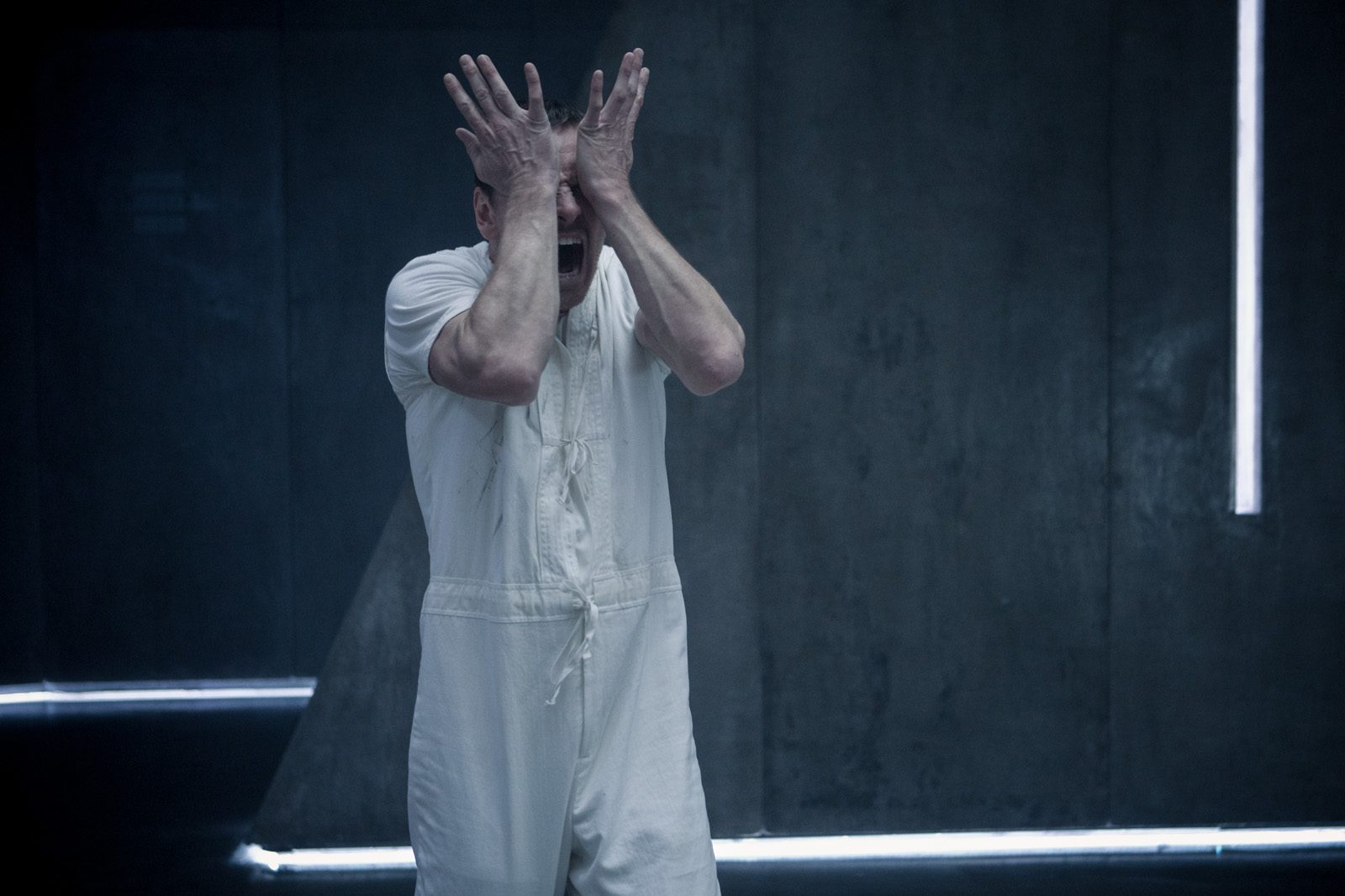
The fate of humanity rests on a missing apple.
It is, of course, no ordinary apple. It is the Apple of Eve, an object straight out of the pages of Genesis and is, according to the film’s ludicrous lore, the key to free will. The Knights Templar want it so that they can rule a world of subservient people. The assassins, for their part, will risk life and limb so that the Templars won’t get their hands on the relic.
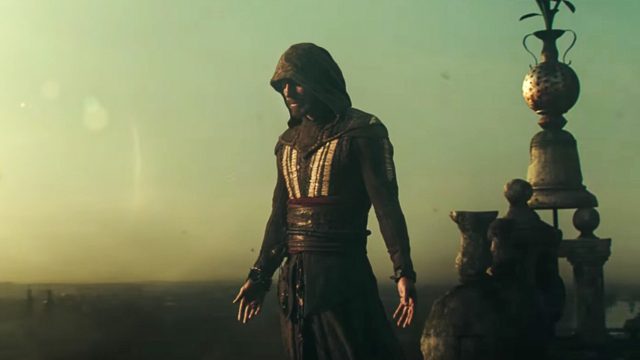
Assassin’s Creed opens somewhere in Spain in 1492, when Aguilar (Michael Fassbender) is inducted into the assassins’ order. It then fast-forwards to somewhere near the present, when a kid witnesses his father kill his mother. The kid grows up to be Cal Lynch (also Fassbender), a death row criminal who ends up in a lab in Madrid where he is connected to a machine that allows him to reenact the memories of Aguilar by way of genetics.
It feels as if screenplay writers Michael Lesslie, Adam Cooper, and Bill Collage were uncertain on how to mold their source material into a coherent whole. Parts of the film teeter toward a talky and cursory discourse on fate, while other parts struggle to keep the film’s affairs quick and spectacle-filled. The sci-fi here is undoubtedly preposterous, and the labyrinthine storyline, which switches so often between the past and the present, tends to confuse.
Strangely fascinating
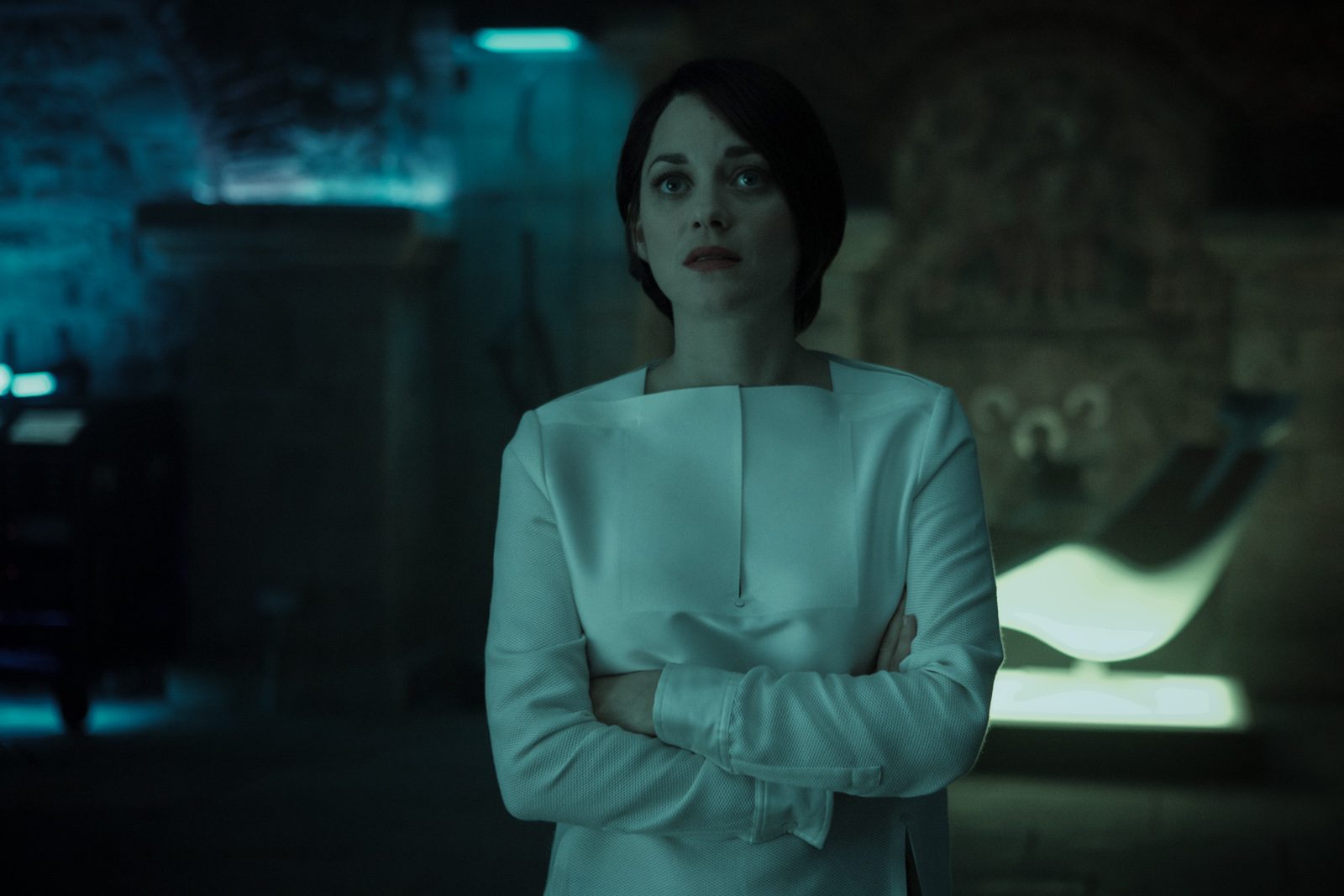
Kurzel’s funereal but elegant treatment of the material makes everything strangely fascinating.
Assassin’s Creed reunites the Australian director with Fassbender, Marion Cotillard, and screenwriter Michael Lesslie after Macbeth (2015). In a way, both films resemble eachother aesthetically and thematically, as they are dark and foreboding. But while the brutal hues are apt for Shakespeare’s savage play, the same tone feels unwieldy when used in an adaptation of a video game, a medium often associated with childishness.
The expectation is that films based on video games should be as fun and spritely as their sources. This is unfair, especially in an era where video games are turning into potent vehicles of intense storytelling.
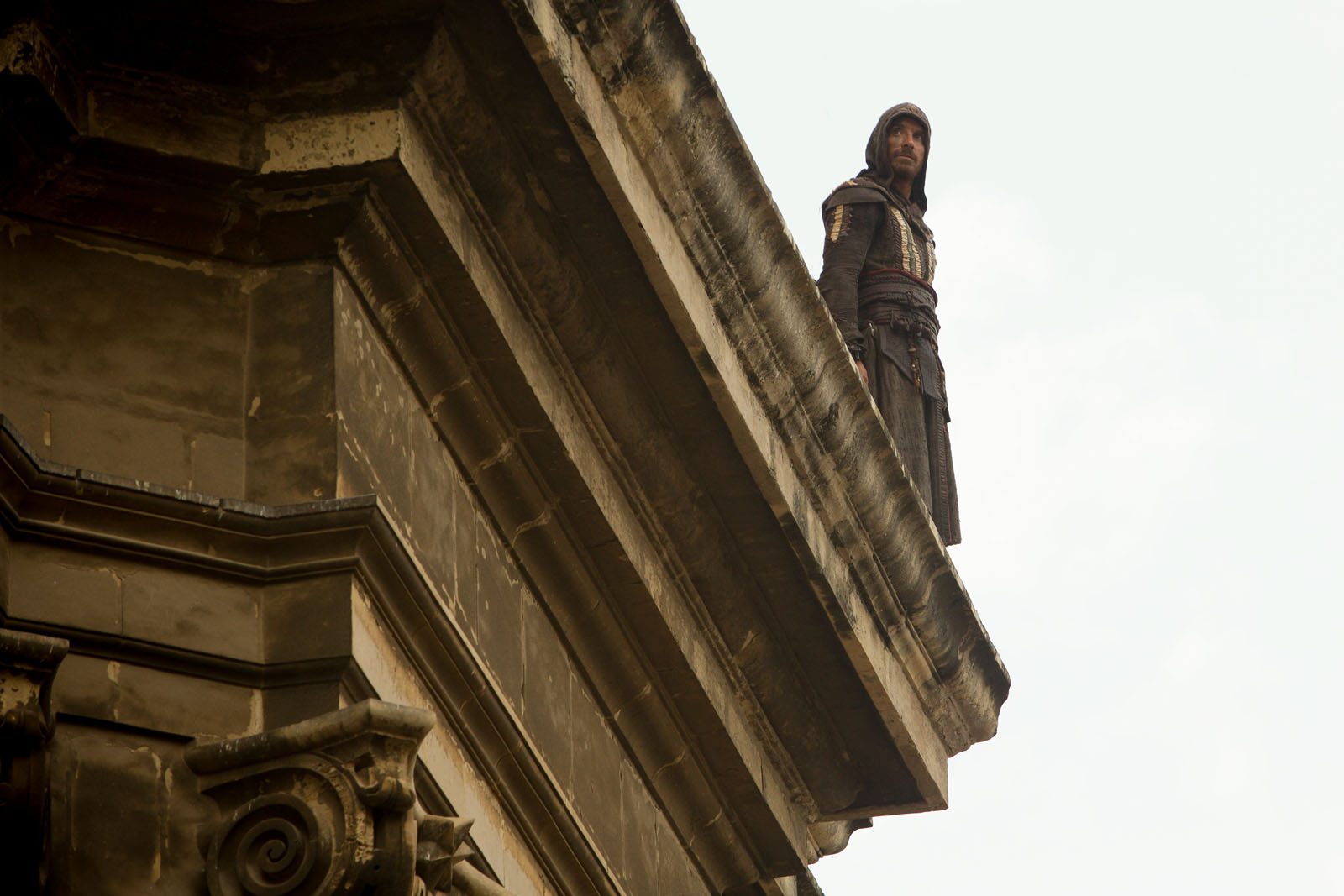
Assassin’s Creed eschews light pleasures for touches on self-determination, the same way Macbeth did. The two films’ fractured protagonists are cursed with lives that have been predicted for them: in Macbeth’s case, by the witches he chances upon; and in Cal Lynch’s case, by genes imbued with the memories of his ancestors. Just get past the woe and the lugubrious pace, and the film will offer a lot of room for intriguing ideas.
Joyless affair
Assassin’s Creed may be quite a joyless affair, but that doesn’t necessarily mean it isn’t compelling cinema. – Rappler.com
 Francis Joseph Cruz litigates for a living and writes aboutcinema for fun. The first Filipino movie he saw in the theaters was Carlo J. Caparas’ ‘Tirad Pass.’ Since then, he’s been on a mission to find better memories with Philippine cinema.
Francis Joseph Cruz litigates for a living and writes aboutcinema for fun. The first Filipino movie he saw in the theaters was Carlo J. Caparas’ ‘Tirad Pass.’ Since then, he’s been on a mission to find better memories with Philippine cinema.
Add a comment
How does this make you feel?
There are no comments yet. Add your comment to start the conversation.